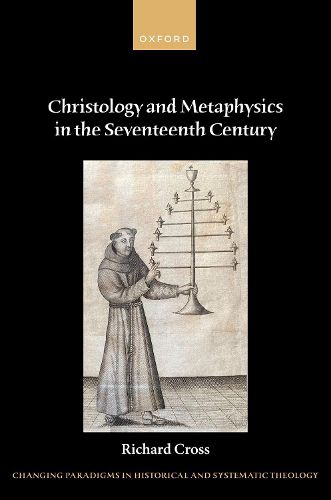Readings Newsletter
Become a Readings Member to make your shopping experience even easier.
Sign in or sign up for free!
You’re not far away from qualifying for FREE standard shipping within Australia
You’ve qualified for FREE standard shipping within Australia
The cart is loading…






Richard Cross explores the largely uncharted territory of seventeenth-century Christology, paying close attention to its metaphysical and semantic presuppositions and consequences. He shows that theologians of all stripes develop and expand theories that are associated respectively with the medieval theologians Thomas Aquinas and Duns Scotus. Italian and French Dominicans follow Aquinas closely, read through the lens of Cardinal Cajetan. But most Iberian Dominicans incorporate Suarez’s theory of modes into their account, and Suarez, whose account is a modification of Scotus’s, is in turn followed by his fellow Jesuits. Lutherans use Cajetan’s account to fill explanatory gaps in their own accounts; and Reformed theologians by and large adapt the position associated with Scotus. The study ends with an account of Leibniz’s Christology in its historical and conceptual context.
$9.00 standard shipping within Australia
FREE standard shipping within Australia for orders over $100.00
Express & International shipping calculated at checkout
Richard Cross explores the largely uncharted territory of seventeenth-century Christology, paying close attention to its metaphysical and semantic presuppositions and consequences. He shows that theologians of all stripes develop and expand theories that are associated respectively with the medieval theologians Thomas Aquinas and Duns Scotus. Italian and French Dominicans follow Aquinas closely, read through the lens of Cardinal Cajetan. But most Iberian Dominicans incorporate Suarez’s theory of modes into their account, and Suarez, whose account is a modification of Scotus’s, is in turn followed by his fellow Jesuits. Lutherans use Cajetan’s account to fill explanatory gaps in their own accounts; and Reformed theologians by and large adapt the position associated with Scotus. The study ends with an account of Leibniz’s Christology in its historical and conceptual context.